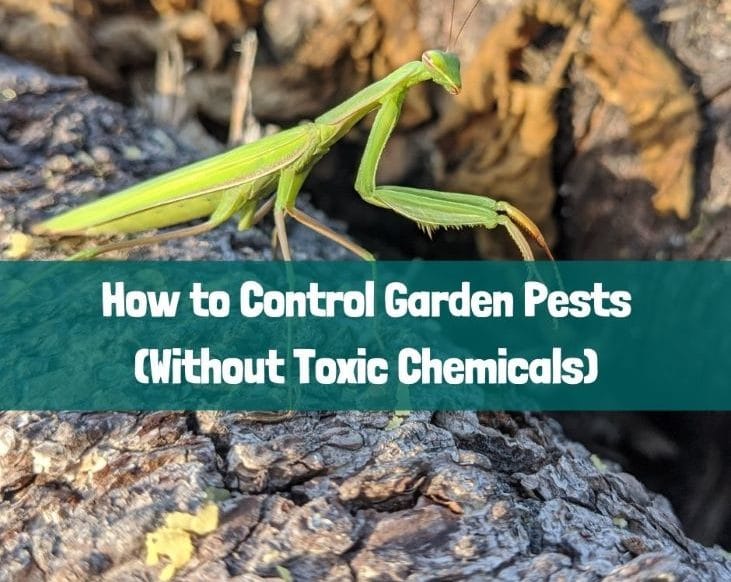When I first started my garden, I was determined to grow beautiful, healthy plants without the use of harmful chemicals. The thought of spraying pesticides all over the place made me cringe. I wanted to create an environment that was not only safe for my family but also for the countless bees, butterflies, and other beneficial insects that visited my little oasis of green. Little did I know that controlling pests in the garden without chemicals was not only possible but also immensely rewarding.
One of the most effective and natural ways to prevent pest infestations is to create a diverse ecosystem within your garden. Planting a variety of different plants not only adds beauty to your garden but also attracts a wide range of insects, some of which can serve as natural predators to garden pests. Ladybugs, lacewings, and praying mantises are just a few of the beneficial insects that you can invite into your garden by providing a diverse range of habitats and food sources.
Another crucial aspect of pest control without chemicals is maintaining healthy soil. A balanced soil ecosystem will naturally suppress pests and diseases. By adding compost or organic matter to your soil, you not only improve its structure but also provide a source of nutrients that will help your plants grow strong and resilient. Healthy plants are less likely to fall prey to pests, so keeping your soil in top condition is essential.
To further protect your plants, you can use physical barriers such as row covers, netting, or fences. These barriers can help keep out pests like birds, rabbits, and deer, preventing them from feasting on your hard-earned harvest. Additionally, you can use traps and sticky tapes to catch and monitor pests like aphids, whiteflies, and fruit flies. These methods may seem simple, but they can be remarkably effective in reducing pest populations.
One of the most satisfying methods of pest control is handpicking. Yes, I admit it sounds a bit icky, but there is something oddly therapeutic about squishing pests between your fingers and saving your beloved plants from their wrath. Handpicking works well for larger pests like slugs, snails, and caterpillars. Just stroll through your garden with a bucket in hand and pluck those critters away.
If you’re not keen on handpicking or want to target smaller pests like aphids, there are homemade remedies you can try. Spraying a mixture of garlic or chili pepper oil on affected plants can deter aphids and other soft-bodied insects. Neem oil, derived from the seeds of the neem tree, is another popular organic control method. It is effective against a wide range of pests and has the added benefit of being non-toxic to humans and beneficial insects.
Creating a welcoming environment for beneficial insects is a crucial part of pest management without chemicals. By planting flowers such as marigolds, daisies, and alyssum, you can attract pollinators like bees and butterflies. These insects not only help with pollination but also prey on destructive pests. Building or purchasing insect houses can provide shelter for solitary bees, ladybugs, and other beneficial insects. These tiny warriors will happily take care of any aphids or mites that may be bothering your plants.
Another important aspect of pest prevention is regular monitoring of your plants. By keeping a watchful eye on your garden, you can quickly identify any signs of pest damage and take appropriate action. Early intervention is key in preventing pest outbreaks. Remember, prevention is always better than trying to cure a full-blown infestation.
Lastly, it’s important to embrace a mindset of acceptance when it comes to pests in your garden. In a natural ecosystem, a small level of pest activity is normal and even beneficial. It helps to keep the balance between pests and their natural predators. So, before panicking and reaching for the chemical sprays, take a moment to observe and assess the situation. Is the pest population causing significant harm to your plants, or is it simply a minor annoyance?
Controlling pests in your garden without chemicals may require a little more effort and patience, but the rewards are worth it. Not only are you avoiding the harmful effects of synthetic pesticides, but you are also fostering a healthy and vibrant ecosystem in your own backyard. So, put on your gardening gloves, grab your trusty bucket, and join the ranks of organic gardeners who are taking a stand against chemical pest control. Your garden and the environment will thank you for it.

